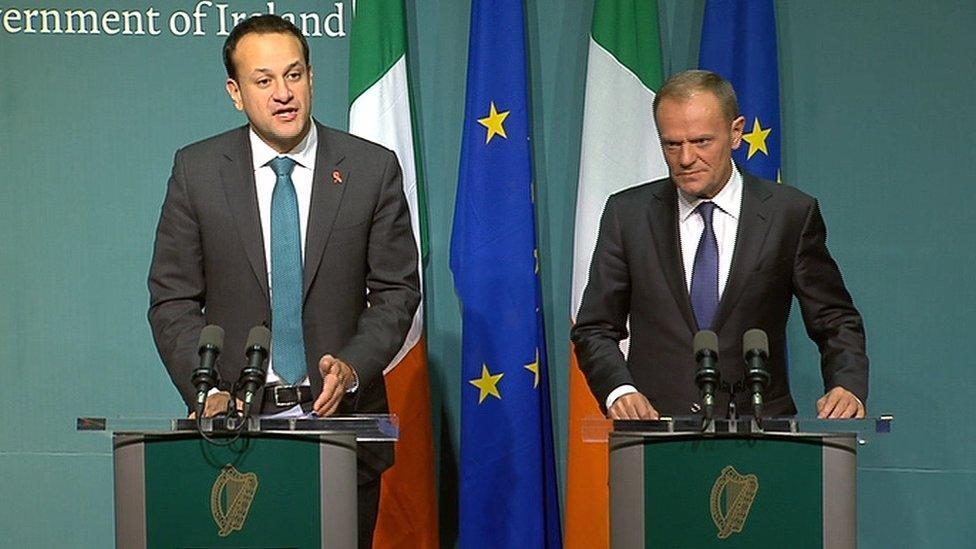Arlene Foster: Brexit deal paper was a 'big shock' for DUP
- Published
- comments
Arlene Foster claimed the Irish government prevented the DUP seeing the wording of the text
The deal the UK government was set to agree with the European Union on Monday came as "a big shock" to the DUP, its leader Arlene Foster has said.
She was speaking to Republic of Ireland national broadcaster RTÉ.
Talks in Brussels halted because the DUP, which props up the Tory minority government, rejected a proposal about the future of the Irish border.
Mrs Foster said the DUP saw the text of the deal on Monday morning, despite asking to see it for five weeks.
"Once we saw the text, we knew it was not going to be acceptable," she said.
Talks between Prime Minister Theresa May and European Commission President Jean-Claude Juncker broke up without agreement on Monday.
The crucial sticking point was over how closely aligned Northern Ireland's regulations will be with those in the Republic of Ireland, and the rest of the EU, in order to avoid a "hard" border.
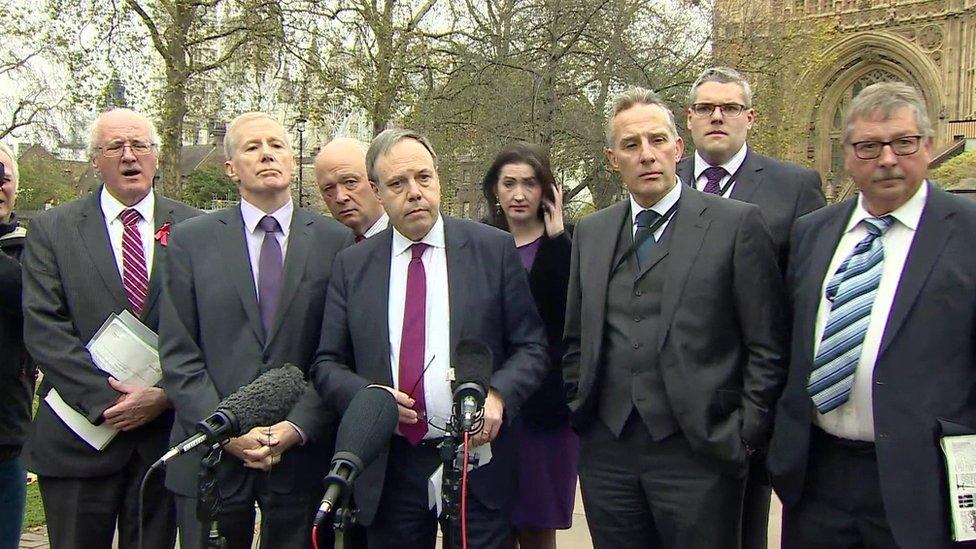
Nigel Dodds (centre) and the other DUP MPs outside the House of Commons
Mrs Foster said her party could not sign up to anything that would allow a border to develop in the Irish Sea and that its red line was any situation where Northern Ireland was different from the rest of the UK.
Ms Foster also said that the British negotiating team indicated to her that it was the Irish government that prevented the DUP from being shown a copy of the text.
However, the Irish government has rejected Ms Foster's claim and said it had "no role whatsoever in the negotiations conducted by the British government".
"It therefore had no involvement in any decision on which documents should go to the DUP," the Irish government said.
Ms Foster also said that she told Mrs May the DUP would not support Brexit legislation in the House of Commons unless the text presented on Monday was changed.
She said that she had a very open conversation with Mrs May after she had made the DUP position clear in a press conference on Monday afternoon.
She said she told Mrs May that "it could have been dealt with differently".
She said the DUP now wishes to look at the text, make it clear what they cannot agree with and try to work through to move on to Phase Two of the talks.
"Nobody wants a hard border on the island of Ireland," she added.
He said that he accepted that Mrs May was negotiating in good faith but had difficulties.
Earlier on Tuesday, DUP deputy leader Nigel Dodds said the Irish government was risking Anglo-Irish relations and co-operation in Northern Ireland with a "reckless and dangerous" attitude to Brexit talks.
Mr Dodds accused the Irish government of "flexing their muscles".
Speaking in the House of Commons Brexit Secretary David Davis told MPs that Northern Ireland would not be "left behind".
He emphatically denied a suggestion that Northern Ireland would remain in the single market and the customs union after Brexit.
The Labour Party described the government's approach to Brexit talks as "embarrassing".
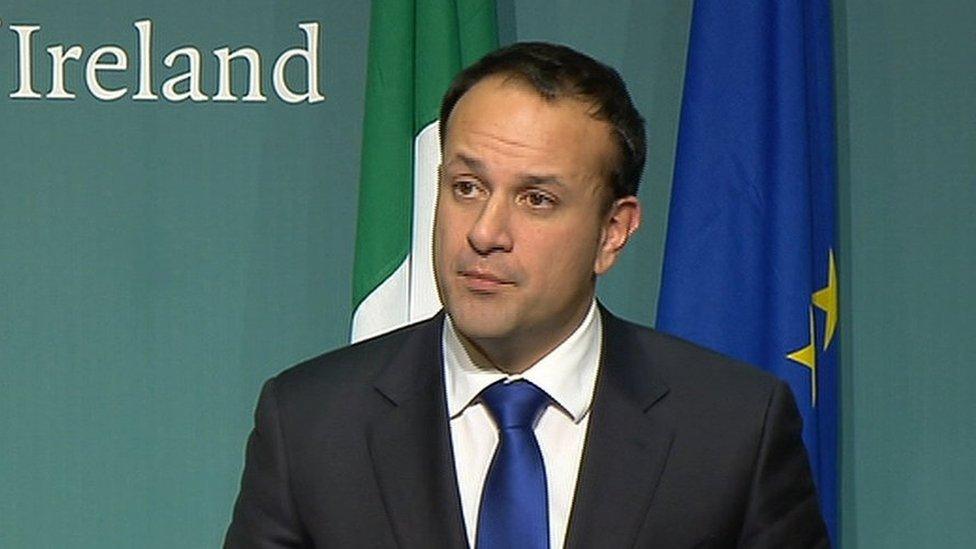
Nigel Dodds accused the Irish government of being more aggressive since Leo Varadkar came to power
However, Mr Dodds accused the Irish government of a "noticeable change in tone and aggression" since Mr Varadkar and Irish Foreign Minister Simon Coveney came to power.

How does government get out of Brexit linguistic hole?
by Mark Devenport, BBC News NI political editor
"Rubbish" - the response from a senior DUP source when I put it to them that the party had been kept in the loop about Theresa May's Brexit deal, but got cold feet when the likes of Nicola Sturgeon, Carwyn Jones and Sadiq Khan started demanding the same special treatment for Scotland, Wales and London.
Something doesn't add up.
Last Thursday, DUP leader Arlene Foster declared that her party was "in constant contact on these issues with the government".
Was that via face-to-face meetings of the two parties' "co-ordination committee", or just via telephone conversations? If the latter, the line must have been very crackly.

Mr Dodds added it was clear that the European Union has given a veto to the Irish government and that they were "flexing their muscles and using their current position to try and gain wins for them".
"I don't argue with their desire to advance their interests but they're doing so in a reckless and dangerous way that is putting at risk years of good Anglo-Irish relations and good co-operation within Northern Ireland."
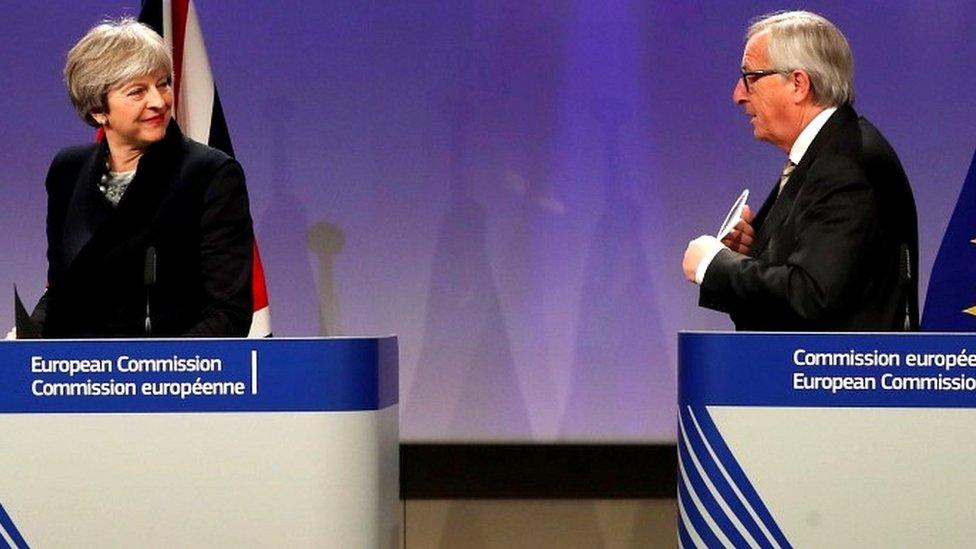
Theresa May needs the DUP's support because she does not have a majority in the House of Commons
He added: "What matters are the words that are used in text and in international treaties and agreements and it's vitally important that text translates accurately to what are the general principles of political agreement."
The prime minister needs the support of the DUP, which is Northern Ireland's largest party and has 10 MPs at Westminster, because she does not have a majority to win votes in the House of Commons.
Meanwhile, Shadow Brexit Secretary Keir Starmer claimed in the House of Commons that the Conservatives' agreement with the DUP at Westminster was a "coalition of chaos" and said "the DUP tail is wagging the Tory dog."
Labour: May to blame for Brexit 'embarrassment'
But Mr Davis said "the suggestion that we might depart the European Union to leave one part of the United Kingdom behind and still inside the single market and the customs union - that is emphatically not something that the UK government is considering".
"So when the first minister of Wales complains about it or the first minister of Scotland uses it as a reason to start banging the tattered drum of independence or the Mayor of London says it justifies a hard border on the M25, I say they are making a foolish mistake.
"No UK government would allow such a thing let alone a Conservative and Unionist government."
- Published5 December 2017
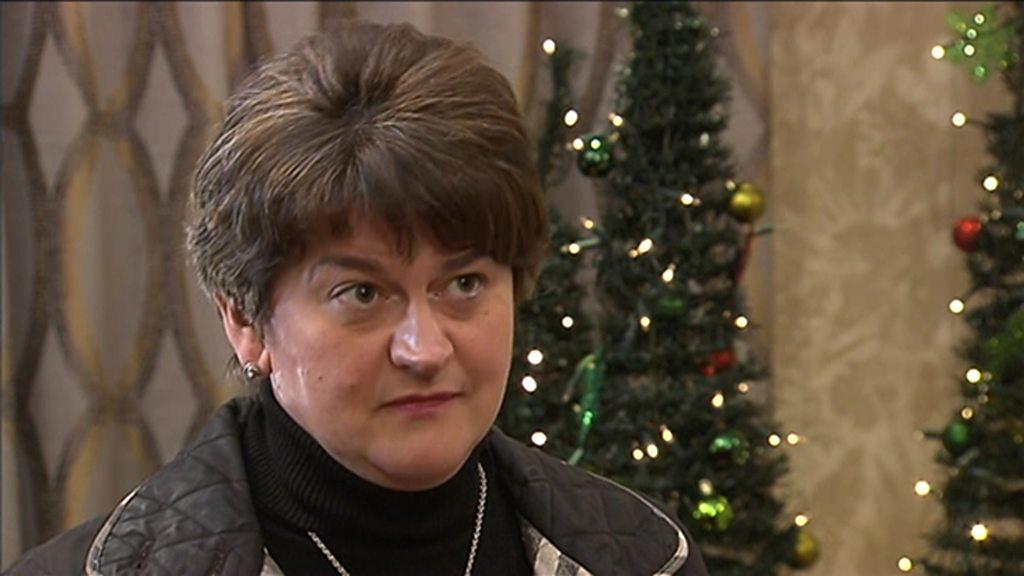
- Published5 December 2017
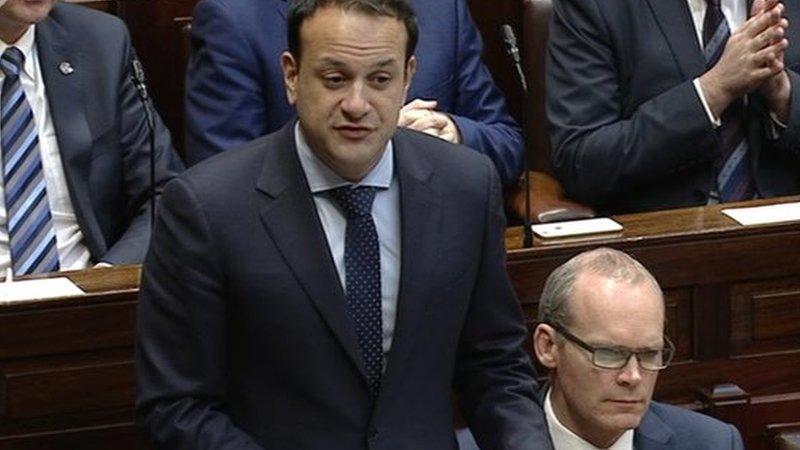
- Published5 December 2017
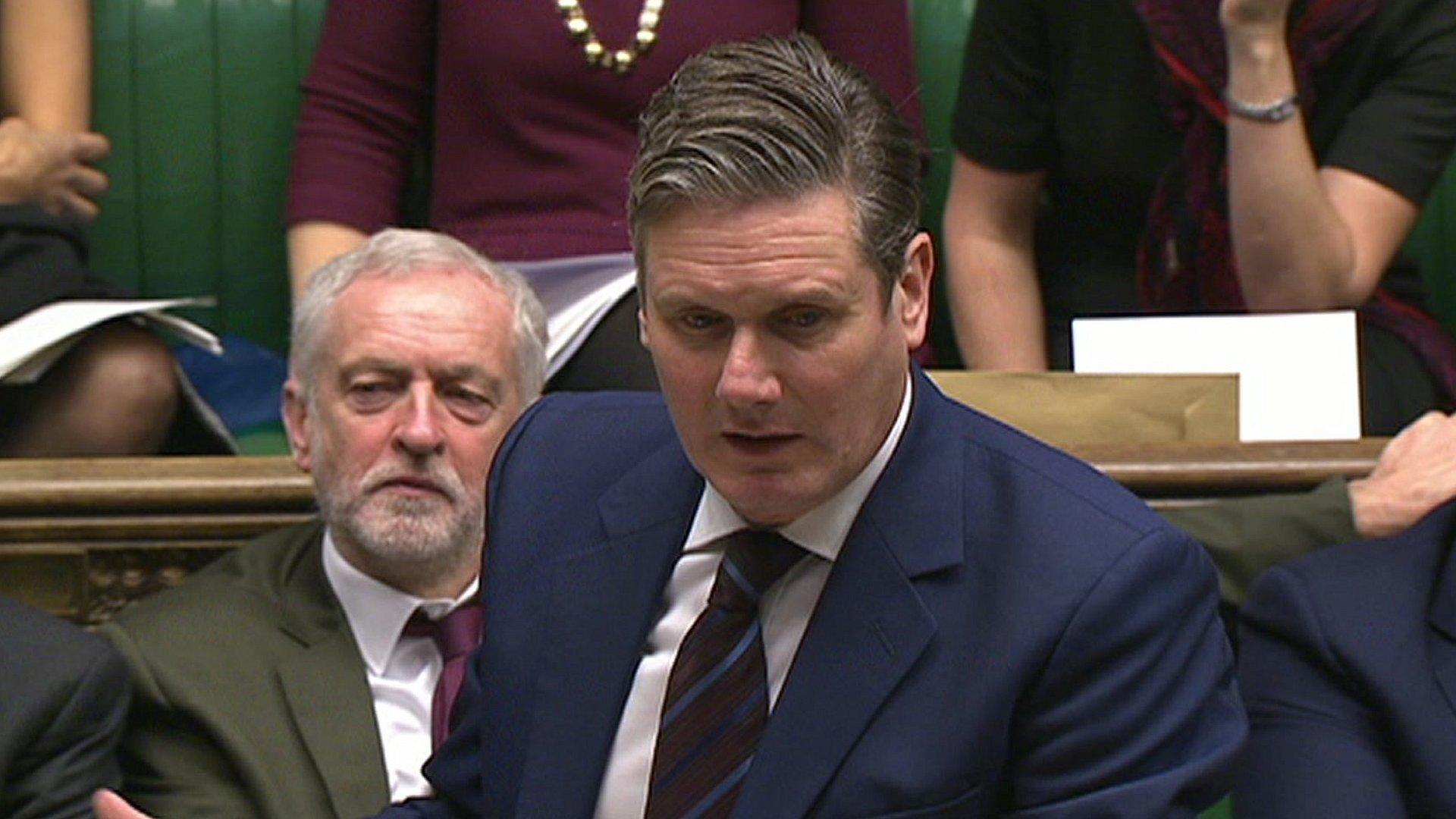
- Published4 December 2017
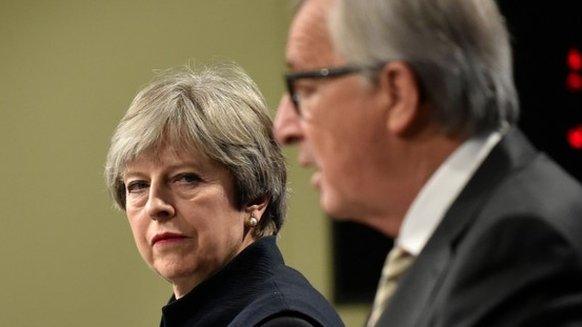
- Published4 December 2017
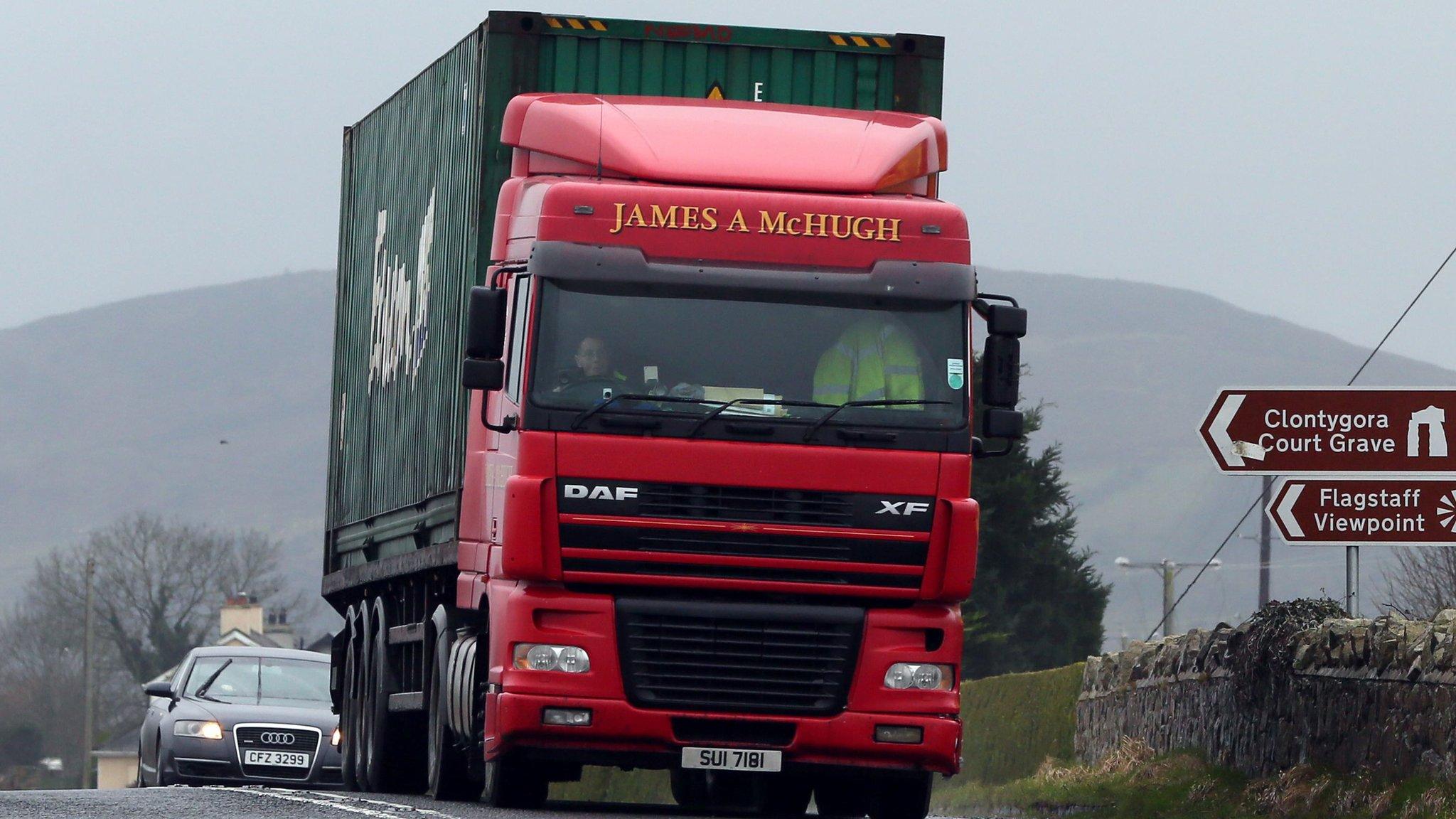
- Published3 December 2017
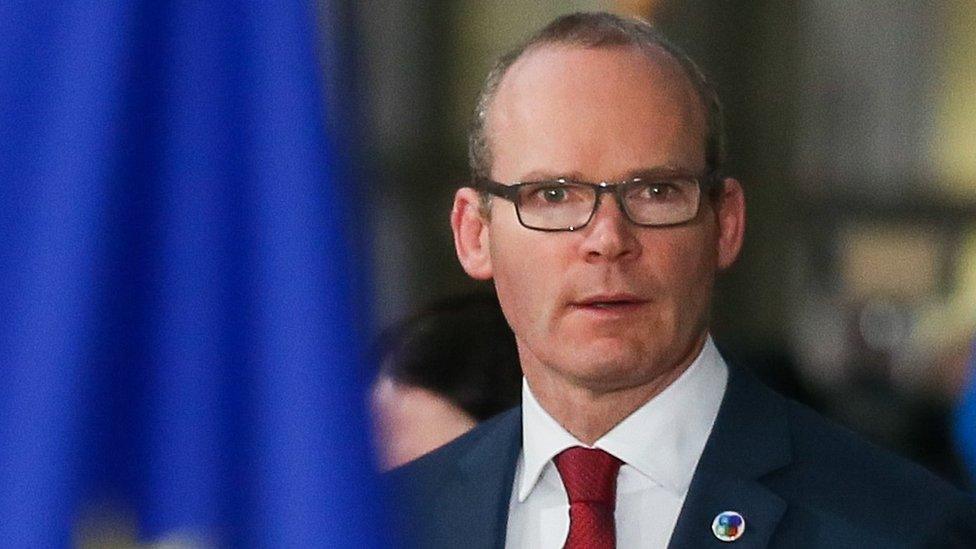
- Published4 December 2017
- Published1 December 2017
